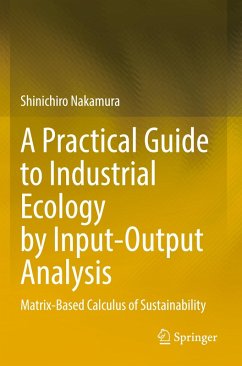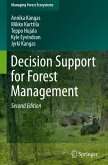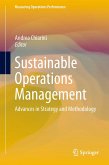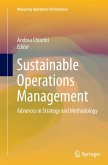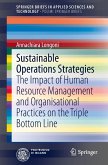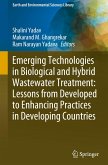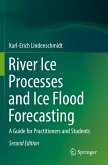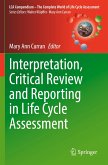This book addresses the growing need for a standard textbook on input-output analysis (IO) within the context of industrial ecology (IE). IE is a discipline dedicated to providing system-wide, quantitative, and science-based solutions for sustainable development challenges, and its global importance has been rapidly increasing. The primary analytical tools of IE are life-cycle assessment (LCA) and material flow analysis (MFA). IO has been widely utilized for LCA since the late 1990s and is increasingly being applied to MFA as well. This trend is being driven by the greater availability and application of global IO data, which now includes an ever-expanding number of countries and regions. Despite the presence of excellent textbooks on IO and IE individually, there is a lack of resources that integrate these two fields. This book seeks to fill that gap by focusing on the practical application of IO to IE, specifically in the context of LCA and MFA. By combining these methodologies, readers can gain valuable insights into sustainable development issues and contribute to more effective solutions in the field of IE.
Bitte wählen Sie Ihr Anliegen aus.
Rechnungen
Retourenschein anfordern
Bestellstatus
Storno

